2014 HowlRound Blog Retrospective
2014 brought many new voices to the blog—it’s been a revelatory year. From a series on Belarus, to new ideas for artist residencies, to children’s theater in conflict zones, all the stories emerged up from our community, and were then proposed, produced, and executed by you. So thank you all for participating and building this commons with us. Here are some excerpts from this year’s blog:
We cannot be preoccupied before or during a show with differences of race, class, sexuality, etc., and assume because of these differences the lives of those we see before us are foreign territory. When we do that, we rob ourselves of what might be a beautiful and transformative experience if only we gave it a chance. Instead we should keep an open mind and find the human connecting points. When we do that, we’ll find that deep down, we are more alike than we are different.
—What Are Your Prejudices About Theater? by Loy Webb
People begin to interact with art when it requires them to move outside their filter of preconceptions. When people ask us about the mechanics of truck-as-theater-venue, what they’re really asking is: How alien is this experience to me? Is it dangerous? Is it slapdash? Is this an experience I can trust? They are reconfiguring their expectations, and we are careful not to fill in the all the blanks. It’s not going too far to say that the simple act of declaring a rented truck to be a theater venue is a creative act in itself.
—Why We Do Theater in Trucks by Jean Ann Douglass and Eric John Meyer
In this spirit, the occupation has sought to reinvent Italian cultural policy by hosting a variety of artistic projects, large and small, and devising new forms of arts-inspired education. It has also organized plays, performances, and festivals of independent theater, children’s workshops, and independent film showings. The commoners have demanded fair pay for workers, affordable prices for performances, transparency in financial statements, and a code of ethics for all theaters and companies.
—The Commoners Occupy Teatro Valle in Rome by David Bollier
The only reason that I am alive, sober, and surviving is because I have community and the performing arts. The performing arts community offers the perfect settings to share my story without being judged or condemned. The performing arts have kept me from being yet another veteran statistic. By examining and acting Shakespeare through my veteran lens I was able to understand what happened to me. To better understand my experiences. And by applying classical actor training into my everyday life, I have built new habits to replace my military conditioning.
—Will & War: Shakespeare Through the Lens of a Military Veteran Stephan Wolfert
If DC commuters spend an average sixty-eight hours a year stuck in traffic, and the average household spends close to 1,500 hours annually watching television, what’s a thousand hours spent building an evolving, alternative platform for new play development and production in our nation’s capital? Will building a future for other artists ever be effortless? Probably not. But can we do a small part to create possibility? Well, considering how much we six have been given by our community and by the artists who came before us, it’s the least we can do.
—Towards a New Collective in American Theater, Part Two by Gwydion Suilebhan and Jojo Ruf
Having encountered this model as an audience member, I had faith that it would succeed. What I didn’t expect was that not directing this play would teach me so much about my own rehearsal process. I don’t recommend employing this methodology for anything other than a one-time performance—the improvisational energy, which is key to this model’s success, would be lost by the second performance. Nevertheless, the experience reinforced several lessons I’ve learned over the last few years.
—What I Learned from Not Rehearsing Shakespeare Plays by Lavina Jadhwani
“You had to be there” is also the motivating force behind the devising process, with its emphasis on these people, this place, this time. It is a means of wrenching ourselves back into this moment, from which we stray, from which we are distracted. A process of interrogating the intersections of personalities and materials as they exist in a room and a moment together, devising forces performers and audiences to confront their relationship to “the present” in the sense of both here and now.
—Devising the New Avant-garde—Part 1: The Old Coup and the New Now by Kate Kremer
I never thought of myself as experimental, but after several years in the Chicago community, a theater leader sat me down and told me how much she respected our work and wanted to bring us in to do work in their residency, but she asked, “Can you do a play in a real theater?” At the time I was crushed. I love the theater. I had never believed I had been rejecting it, but making stories in this way had defined me without my realizing it. Getting older, I believe, is actually becoming more and more comfortable with who you are as a human and as an artist.
—On Immersive Theater: The Senses to Take the Wall Down by Mikhael Tara Garver
People who work in theater are constantly told that they don’t know what it’s like out there in the “real world” with a “real job.” Yet I find myself constantly amazed by how many people in the “real world” can’t speak publicly, make a cold telephone call, or actually look into someone’s eyes when they’re speaking. In order to thrive and be successful, actors are forced to relate to others, and the skills they’re taught in various theater courses—communication, listening, empathy—all come in handy when encountering real world situations.
—My Non-Acting Job: What’s Acting Got to Do With It? by Casey Cipriani
Isn’t boxing just like writing a play? First, you have to train (the muscles in the gym if a boxer, the mind facing the screen if a writer). Then you have to fight! (What we in the Arts call “advocate.”) You go out into the world/ring and advocate for your play, and hopefully find other advocates who will advocate your “advocation.” Next, whether you win (get a production) or lose (a reading, and another reading, and another reading), you must nurse your wounds and finally, learn from form experience in hopes that you will come out next time a stronger, smarter, more creative…fighter.
—Writing and Fighting by Will Power
Trans—moving across, beyond, through, changing thoroughly. Isn’t this the life of the artist?
—The Trans Artistic Body by P. Carl


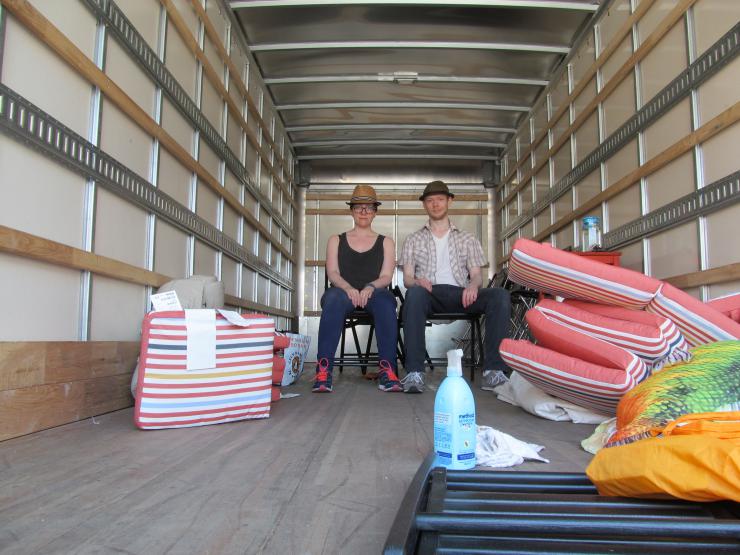
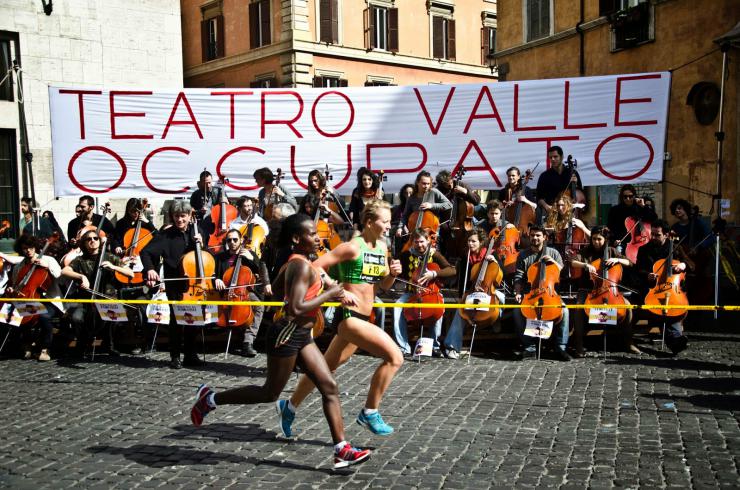
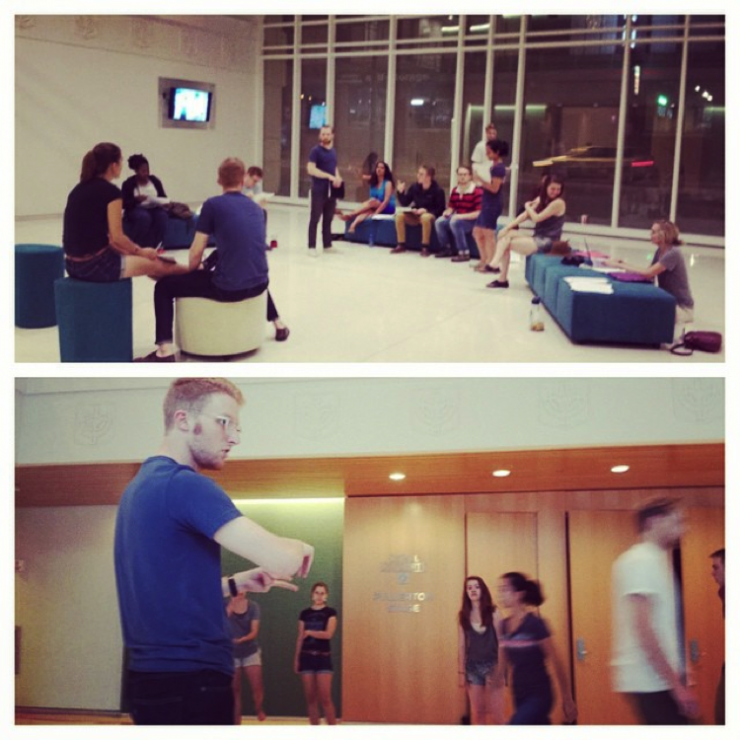
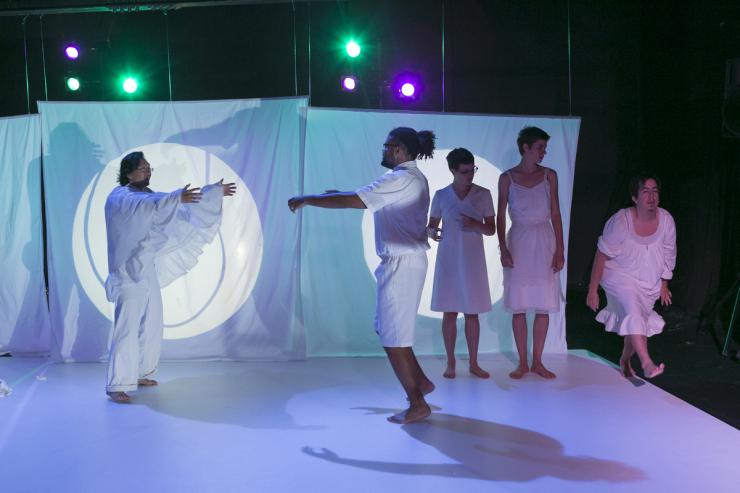
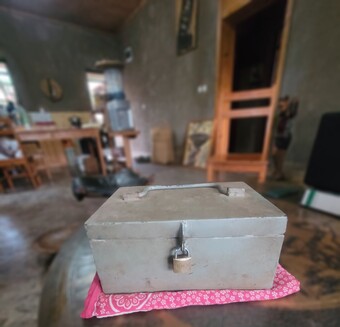

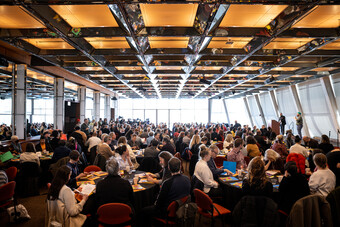

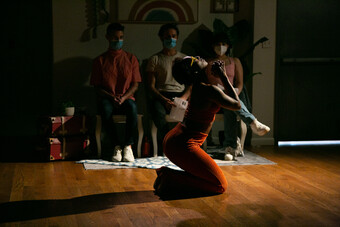

Comments
The article is just the start of the conversation—we want to know what you think about this subject, too! HowlRound is a space for knowledge-sharing, and we welcome spirited, thoughtful, and on-topic dialogue. Find our full comments policy here